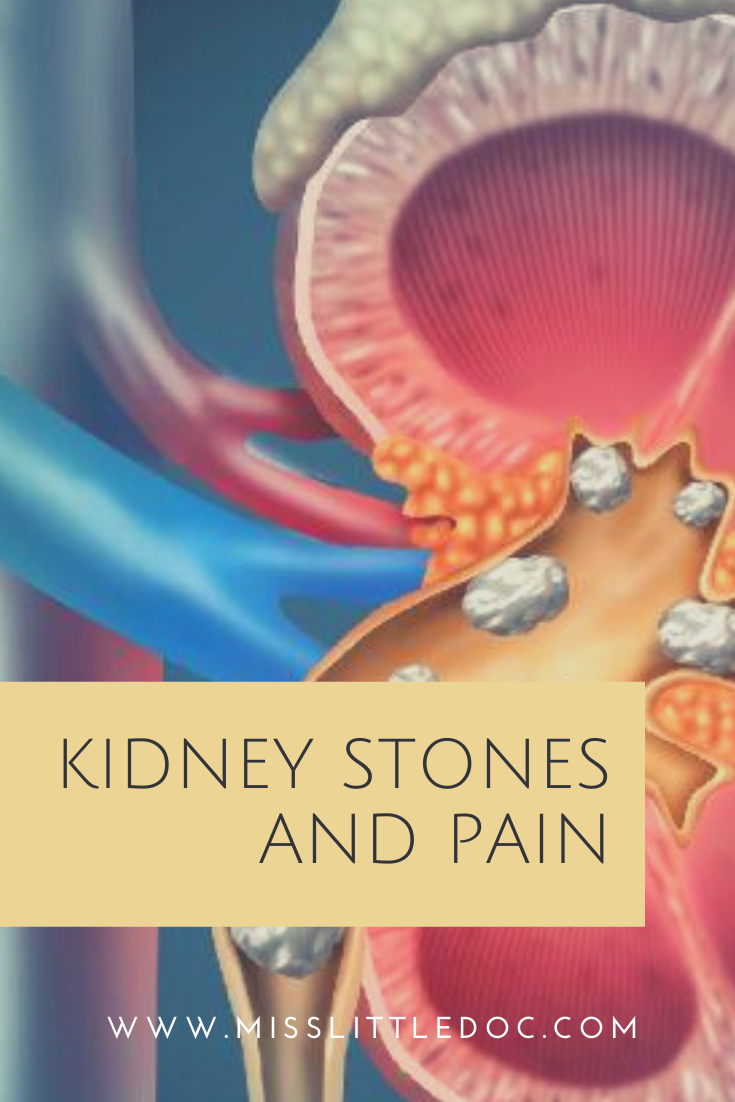Kidney Stones
You may have experienced a kidney stone, or known someone that has had a kidney stone. But, where do they come from? What are their early symptoms and what can you do for them?
Kidney stones are quite common and are more prevalent in men who are obese and who are diabetic. Kidney stones can be made from a couple different substances.
- Calcium stones: usually in the form of calcium oxalate. Oxalate is a naturally occurring substance found in food and is also made daily by your liver.
- Struvite stones: can happen when you have certain types of urinary tract infections in which bacteria make ammonia that builds up in your urine. Struvite stones are made of magnesium, ammonium and phosphate.
- Uric acid stones: can form in people who don’t drink enough fluids or who lose too much fluid, those who eat a high-protein diet, and those who have gout. Certain genetic factors also may increase your risk of uric acid stones.
- Cystine stones: form in people with a hereditary disorder that causes the kidneys to excrete too much of certain amino acids.

Symptoms of Kidney Stones
- Pain while urinating
- Blood in your urine
- Severe pain in the side and back, below the ribs
- Pain that radiates to the lower abdomen and groin
- Pain that comes in waves and fluctuates in intensity
- Cloudy or foul-smelling urine
- Nausea and vomiting
- Persistent need to urinate
- Urinating more often than usual and small amounts
- Fever and chills if an infection is present

Risk Factors
- Family or personal history. If someone in your family has kidney stones, you’re more likely to develop stones. If you’ve had one or more kidney stones, you’re at increased risk of developing another.
- Dehydration. Not drinking enough water each day can increase your risk of kidney stones. People who live in warmer climates and those who sweat a lot may be at higher risk than others.
- Certain diets. Eating a diet that’s high in protein, sodium (salt) and sugar may increase your risk of some types of kidney stones.
- Being obese. High body mass index (BMI), large waist size and weight gain have been linked to an increased risk of kidney stones.
- Digestive diseases and surgery. Gastric bypass surgery, inflammatory bowel disease or chronic diarrhea can cause changes in the digestive process that affect your absorption of calcium and water, increasing the levels of stone-forming substances in your urine.
- Other medical conditions. Diseases and conditions that may increase your risk of kidney stones include renal tubular acidosis, cystinuria, hyperparathyroidism, certain medications and some urinary tract infections.
What to do
Start taking Magnesium. Magnesium is a known inhibitor of the formation of calcium oxalate crystals in the urine. When there is a healthy balance of calcium and magnesium in the body, the recurrence of stone formation drops from 0.8% to 0.08%.
Also, drink the recommended amount of water daily (half of your body weight in ounces) and watch your diet! It’s coming up on the New Year, so not only should you watch your diet to lose weight, you should watch your diet for a healthier lifestyle! This also means stay away from soda!
In our office we take urinalysis when you are complaining of low back pain, kidney pain or a UTI symptom. A urinalysis can tell you a lot about kidney health. If you suspect that you have a kidney stone, chiropractic, acupuncture and proper diet can help you. Prevention, wellness care, is much better than sick care (cheaper too)!
If you have any question give us or a chiropractor near you a call! Chiropractic is full body wellness that looks at the cause instead of the symptoms. Chiropractic can help you to start feeling better and living a healthier life! It isn’t a one visit fix. Just like taking a pill isn’t a one pill fix. Even if you don’t have pain, its always a good idea to get your spine checked!
~Dr. Lacey~
Carder Chiropractic Clinic, INC.
El Reno, OK 73036



